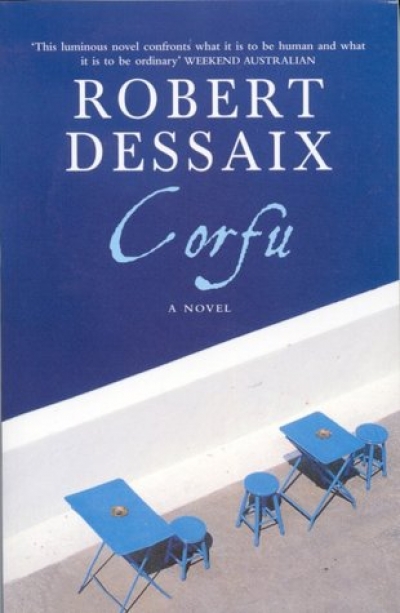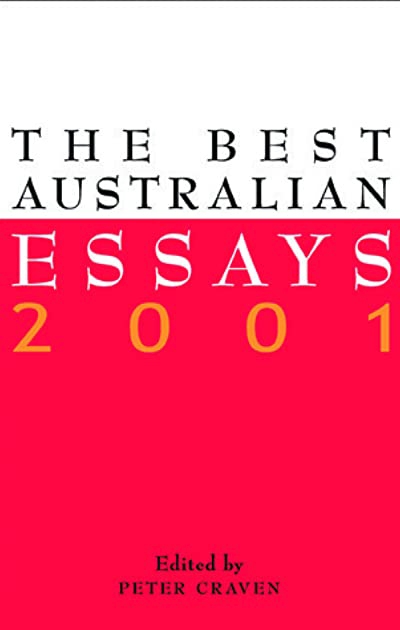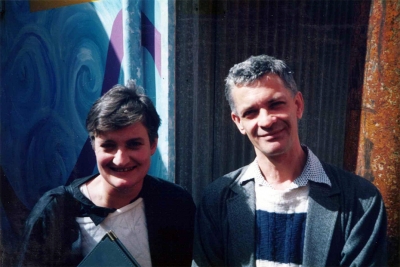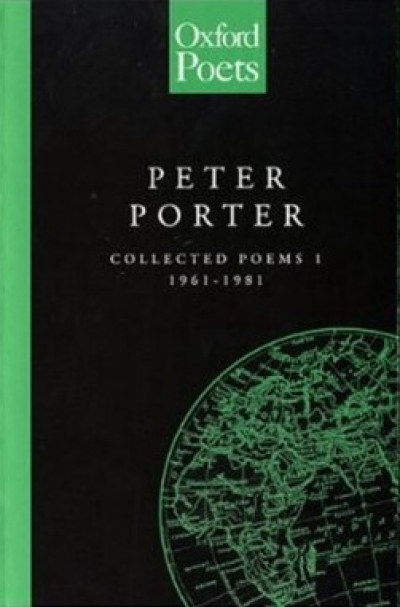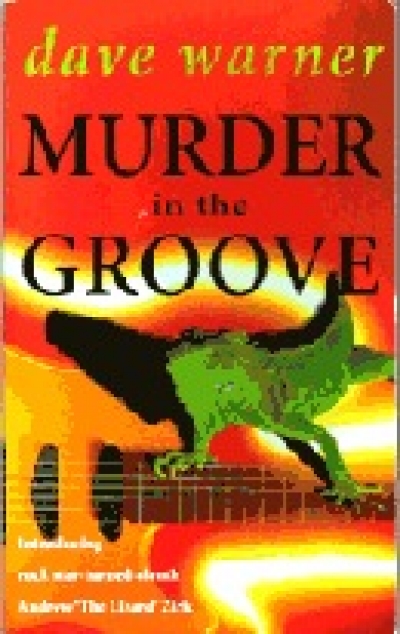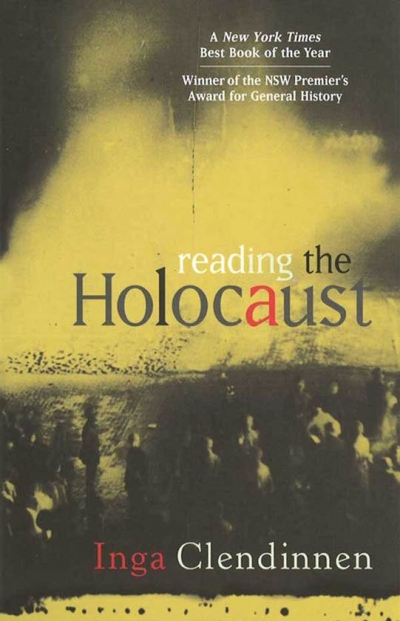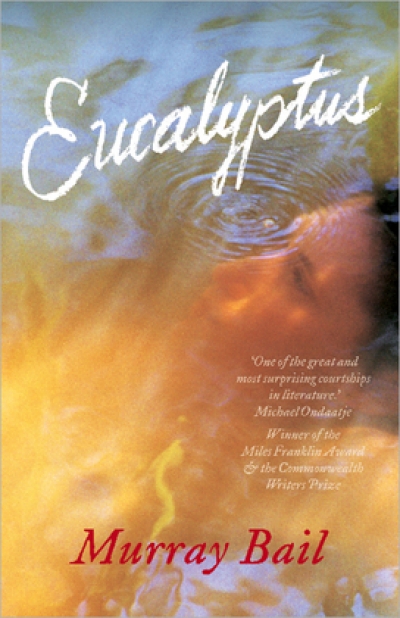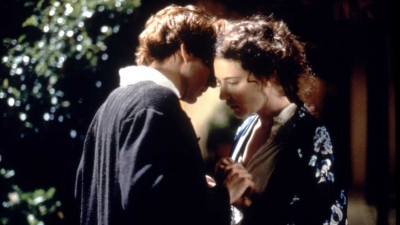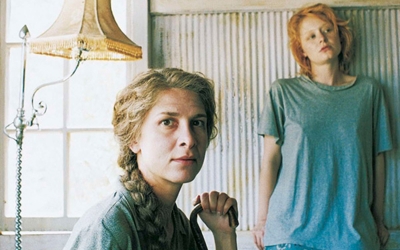Peter Craven
Helen Daniel, the editor of Australian Book Review since 1995, died suddenly on Monday, 16 October 2000. Her death has sent waves of shock and sorrow throughout the Australian literary world. According to Andrew Riemer, at the Writers’ Week in Brisbane, held on the weekend after Helen’s death, session after session paid homage to this woman who, without vanity or arrogation, had made her name synonymous with the profession and apprehension of Australian literature.
Her death diminishes all of us. It’s strange to reflect that Helen, who occupied her position so quietly (at times so stoically) was in fact far and away the greatest champion for Australian writing in her generation and that her time as a critic and editor coincided with the great efflorescence of Australian publishing that we now wonder at and ponder.
... (read more)Collected Poems I 1961-1981 by Peter Porter & Collected Poems II 1984-1999 by Peter Porter
The Holocaust is a subject which numbs the mind and petrifies the soul. This is the point at which Inga Clendinnen starts her remarkable set of essays about it. The Holocaust is a Gorgon and the only way to destroy it, Perseus-like, is to hold it’s image on the screen of the shield and stare back. The historian of The Aztecs, this remarkable woman who has always attended to the inflections of human pain, says at the outset that extreme suffering should be paid attention. She has lived in interesting times without partaking of the horror and this is her amends. This remarkable exercise in metahistory, this sustained meditation about the nature of historiography – an essay in which criticism and representation keep coming together and breaking apart – began with Clendinnen’s sense of the inadequacy of her own response to the Demidenko controversy and it ends, not inappropriately, with a discussion of the relative claims of literature and historical writing in the face of the Holocaust Medusa.
... (read more)The last thing a highbrow hack needs is to find himself in a sustained bout of controversy with a blockbusting writer from the other side of the tracks. A few weeks ago at the Melbourne Writers Festival, I found myself a participant in a discussion about reviewing (and whether the critic was a friend or a foe) which rapidly turned into a sustained accusation on the part of the bestselling novelist Bryce Courtenay that I and the chairman of the panel, Professor Peter Pierce of James Cook University, were literary snobs with no conception of any popular genres in general and no apprehension of the critical injustices (and personal pain) which Courtenay in particular was subjected to by us and all our ilk.
... (read more)Oscar and Lucinda is the next best thing we have to that gleaming oxymoron a contemporary Australian literary classic. It won a swag of prizes (not least the Booker); it is a long vibrant narrative, including history full of the rustle of Victorian costumes, but with a whisper of the horrors on which this country was founded with a brief ghastly moment representing the murder of Aborigines.
... (read more)The Australian film industry got going in the 1970s perhaps just a little before the resurgence of Australian publishing and perhaps for that reason there has been less interplay between Australian film and Australian writing than there might have been. Patrick White raged and roared about the prospect of Joseph Losey and Max Von Sydow making a film of Voss, but that was the tormenting hope of a more colonial dispensation. There have been bearable films of modern Australian classics like Stead’s For Love Alone and more or less shocking films of such nearly contemporary classics as Monkey Grip (a real monster despite Noni Hazelhurst and Alice Garner as child star doing their best) and, more recently, Lilian’s Story with Ruth Cracknell badly miscast. Cases like Fred Schepisi’s lean, pungent version of Keneally’s The Chant of Jimmie Blacksmith are rarer than they should be though it is encouraging to hear that Mel Gibson owns the rights to My Brother Jack and intends making a film of it one of these days.
... (read more)
